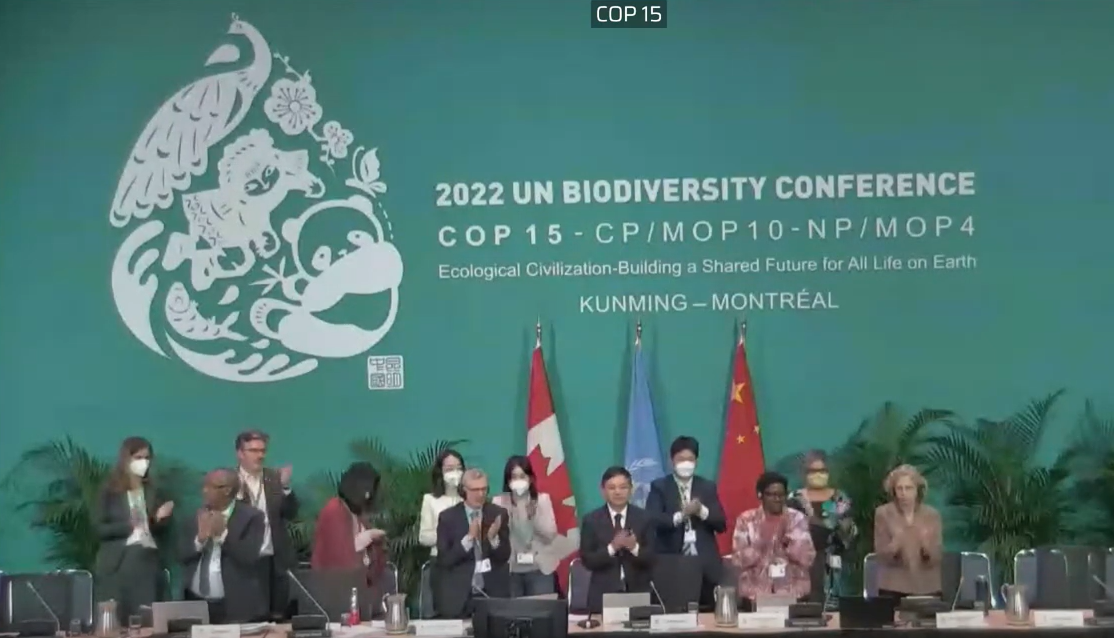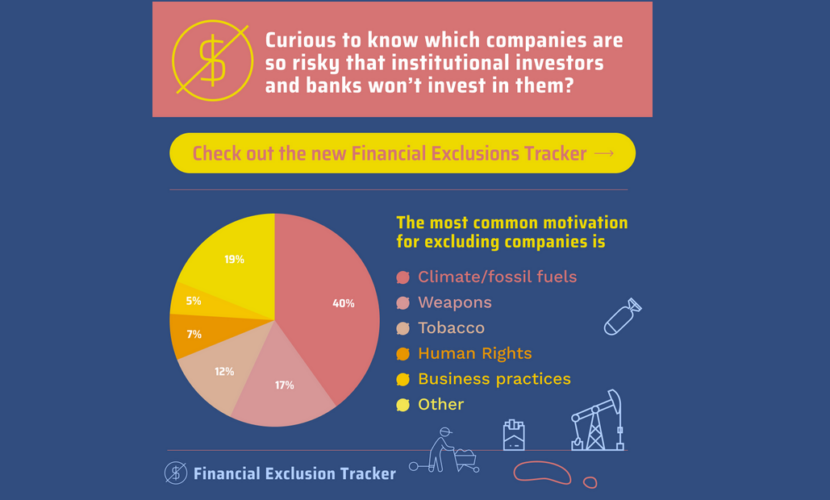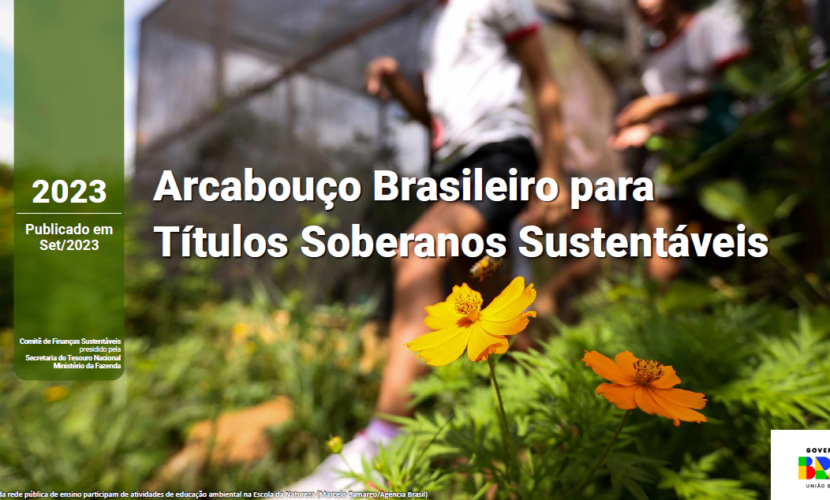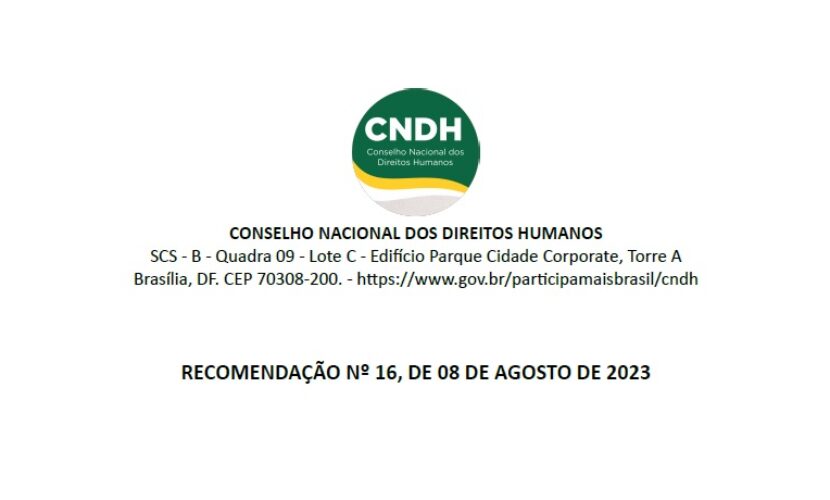最新記事&分析
Global Biodiversity Deal Calls for Divestment from Harmful Industries, Recognizes the Rights of Indigenous Peoples, Local Communities and Women

Article published by Global Forest Coalition
The Global Forest Coalition, Rainforest Action Network and Sinergia Animal joined the world’s Indigenous Peoples in welcoming the outcomes of the Biodiversity Conference of the Parties (COP15) which agreed in the early hours of this morning on a Global Biodiversity Framework that represents a significant step forward towards rights-based, gender just and socially equitable biodiversity conservation. After four years of negotiations, UN Member states spent the last three weeks hammering out the fine print of a Global Biodiversity Framework (GBF) that will guide biodiversity policy and funding over the next decade.
The agreed text not only recognizes Indigenous territories as an important, autonomous contribution to area-based conservation, but it also includes various other targets calling on governments to recognise the rights of Indigenous Peoples, local communities and women in biodiversity conservation, for example in relationship to customary sustainable use.
Another important breakthrough was the adoption of a target that calls on governments, industries and the financial sector to align their financial flows with the new Biodiversity framework and thus divest from harmful activities.
“While the final text of the targets related to the redirection of harmful investments and subsidies are weaker than we had originally hoped for, they clearly mandate governments to take legally binding and other measures to reduce subsidies and prevent investments in sectors like industrial livestock farming, large-scale bioenergy, fossil fuels and other sectors that have proven to harm biodiversity and the climate,” said Simone Lovera, policy director of the Global Forest Coalition. “Eliminating these financial flows, and legally supporting the Indigenous Peoples, local communities and women who have proven to be the real heroes of biodiversity conservation until now, will be far more effective in terms of turning this deal into a reality than the paper parks and fortress conservation models that have dominated biodiversity policy until now.”
While the text does not mention food systems, it does call for a significant and equitable reduction in (over)consumption, and for areas used for agriculture, livestock rearing and fishing to be used in a sustainable way, including through the use of agroecological practices and reducing food waste. “These are important targets that will support a shift in diets away from unsustainable and meat-intensive ones, which tend to have strong impacts on biodiversity, to ones that are more sustainable, healthier and more animal friendly,” said Merel van der Mark of Sinergia Animal.
Despite these important breakthroughs, GFC campaigners expressed strong concern that the final agreement opens the door widely to private sector financing of biodiversity policy, including through false solutions like biodiversity offsets and so-called “Nature-based solutions”, which is code language for the carbon offset market.
“Massive corporate lobbying from harmful industries largely responsible for the crisis we find ourselves in today, drowned out the voices of civil society, scientists, Indigenous Peoples and local communities, ensuring the continued financing of biodiversity conservation through offsets and other “nature-based” solutions,” said Souparna Lahiri, senior climate and biodiversity advisor of the Global Forest Coalition. “These ‘false solutions’ do not offer protection to the world’s shrinking biodiversity but rather permit harmful industries to continue to destroy the planet under the fundamentally flawed accounting principle that destroying one part of the planet can be balanced out by conserving or restoring another part of the planet somewhere else.”
The GBF being negotiated here includes language calling on governments to ensure that private sector financial flows align with the tenets of the agreement. Still, observers warn that big business mustn’t be allowed to define what that means.
Shona Hawkes of Rainforest Action Network said: “We cannot let corporations define what aligning financial flows with biodiversity goals looks like. It should be beyond obvious that the conflict of interest involved in destructive industries proposing the guidelines of their own regulations should disqualify them from the process. In practice, for this to really work, there need to be clear mechanisms for checks and balances, real accountability for environmental abuses and clear guard rails against allowing big companies to continue to profit from investing in sectors known to be inextricable from the biodiversity crisis.”








